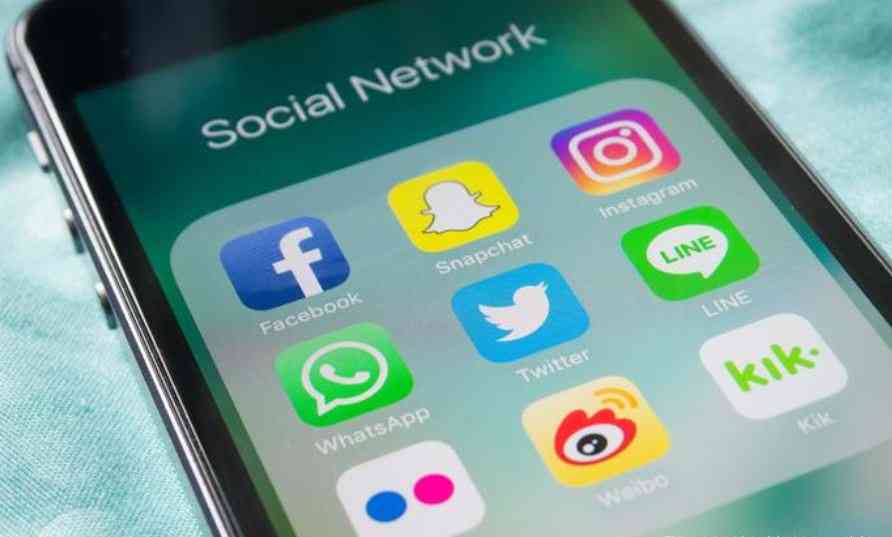
The provost for All Saints Cathedral, Sammy Wainaina, took his flock to task while preaching, stating in a service that "all our leaders deserve honour and respect".
He admonished Kenyans on Twitter, and other social media platforms, for what he feels is the blatant disrespect of Kenya's politicians.
"If you look at Facebook or Twitter, the kind of things we say about our leaders, do you expect when we do so that we will be respected?"
He added: "When somebody has been wounded and they are down, you do not hurt them more. Kindly do not hurt Raila Odinga. Uhuru Kenyatta has served this nation for 10 years; he may not have been perfect like anyone of us, but he does not deserve ridicule or heckling. Those who have lost are already wounded, they do not need another bad word. Those who have won, please do it with humility and grace."
Many may disagree with these sentiments, and fair enough. Our leaders are indeed far from perfect, and time and time again they have failed to lead us in a manner that deserves or warrants our respect. It is a universal truth that respect is earned, and to a certain extent, our leaders have not done enough, particularly in the fight against corruption, to earn our respect.
But the provost's call to honour and respect our leaders is a just one, as it requires all of us to be introspective; to "first take the log out of your eye, and then you will see clearly to take the speck out of your brother's eye".
How many of us who post on Twitter, Facebook, and Instagram, who ridicule our leaders have the tenacity, the drive, not to mention the expertise and qualifications to run as a politician, let alone lead a political party or run a country?
How many of us could do a better job than either Odinga or President William Ruto at leading this country? Furthermore, do those who did not make use of their constitutional right to be heard, and to vote for a leader of their choice, have any right to ridicule those who were elected?
We cannot have our cake and eat it. In truth, none of us has any authority to criticise our democracy if we do not participate in our democratic processes.
The provost's statement that "some of the things you see online are '"very, very bad" is true. Much of Kenya's youth participation on social media, particularly during the elections brought humour and positivity to an extremely tense time.
There is nothing wrong with jest, or satire, which we as Kenyans have a unique talent for. But there is always a line to be crossed, between just anger and vitriol, between humour and ridicule, and between brutal honesty and blatant disrespect. So much of social media is the latter of these examples.
Rather than be a platform to connect people, it has become an arena where we slander one another, and battle to the death of our opponent's reputation. It is a truly ugly space, where people feel comfortable viciously insulting people's intelligence, moral integrity, and character often with no evidence to support their claims, other than their beliefs and ideologies.
It is common for people to levy long lists of accusations and insults at people they have never met or spoken to in their lives. At the same time, a five-minute clip, or a 10-minute conversation is enough for anyone to be branded a bigot, an idiot or insulted on social media. Social media is not a place for honest conversations, it is a space where we are incentivised to destroy the reputations of the people we do not like.
The vicious reaction to Queen Elizabeth II's death by many Kenyans on social media was astounding! From openly celebrating her death to slandering her name even as she lay in a coffin, with many ridiculing and insulting any Africans who showed the least bit of sadness at her passing.
No one expects Kenyans to celebrate the monarchy with our colonial history. But to see many youths, whose backs would break under the slightest responsibility, whose Twitter meltdowns are fuelled by the smallest misnomers, who have never had any positions of authority tower in judgement over someone who spent 70 years of her life as a constitutional symbol and head of state was ludicrous.
The most ridiculous thing about social media is that it encourages people to voice their opinions about any subject to a large audience, even if they are ignorant about the subject. From economics to politics, to history, social media is full of people who talk with the confidence of experts in these fields, yet in truth possess absolutely no knowledge of it whatsoever.
Many of the most vocal people on social media have such little self-awareness that it defies comprehension. The most outspoken critics of capitalism on social media are often those who have benefited the most from it.
Perhaps social media would be a better platform if we first took the logs out of our own eyes.
 The Standard Group Plc is a multi-media organization with investments in media
platforms spanning newspaper print
operations, television, radio broadcasting, digital and online services. The
Standard Group is recognized as a
leading multi-media house in Kenya with a key influence in matters of national and
international interest.
The Standard Group Plc is a multi-media organization with investments in media
platforms spanning newspaper print
operations, television, radio broadcasting, digital and online services. The
Standard Group is recognized as a
leading multi-media house in Kenya with a key influence in matters of national and
international interest.
